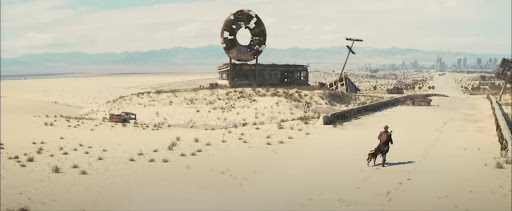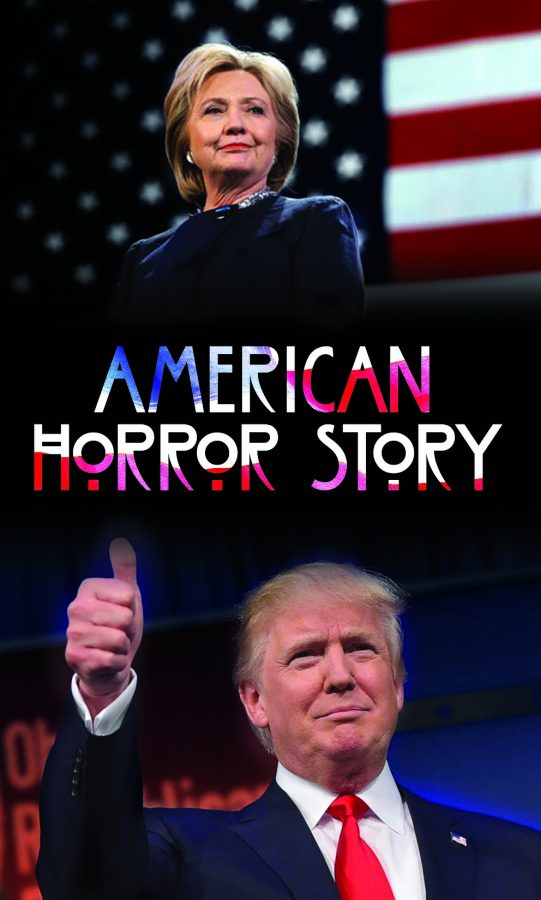The Tough Guise: Violence, Media and Crisis in Masculinity, an hour and a half long documentary, discusses how society portrays “tough men.”
Jackson Katz depicts the ways in which men are represented in the media and how it affects young men’s actions. Released in 1999, the documentary mainly scrutinized movies from the 60s to the 90s.
The first defining scene taken from “The Wizard of Oz” shows the wizard putting on a mask to hide his vulnerability and humanism. This represents how society as whole expects men to remain strong and tough at all times.
Young adult men describe “real men” as physically strong, independent, powerful and tough, among many other descriptive words. If they fail to match these stereotypes they are seen as a wuss, sissy or wimp.
These labels stem mainly from the media. Masculine characters in movies make violence in men seem normal instead of an outbreak in the 21st century. Statistics show that murder, assault, domestic violence and dating violence average to a ratio of 95:5, men to women.
Because of these statistics, provided by Katz in the film, it seems that headlines avoid mentioning when boys kill, rape or abuse others, and instead only use phrases along the lines of kids killing kids. It makes one wonder why the percent of violence is much higher in males than females?
The world went through many revolutionary changes from the 50s to the 90s, such as women beginning to challenge men in the working world in the 70s. In order to fight back and remain superior, men started overcompensating in the build of their bodies and increased sexualization of women in movies.
During the presidency of Ronald Reagan, the Vietnam War broke out. America seemed to experience a downfall in the war. The weakened America was blamed on the decrease in masculinity of younger men. Reagan began looking at the America from previous years where men ran the country. Many movies were produced portraying men as big, tough soldiers with big guns and women in the kitchen and at home with their children.
Movies such as “John Wayne” displayed the greatest features in men such as power and violence. This influence caused many teens to see violence as a way of dominance. Katz related multiple school shootings to the need to prove them as powerful despite not being bulky.
As the years progress, videos games and sports become the main focus of how men should act. Males constantly killing enemies in videogames and sports culture displaying fights between players became the norm.
Boys started acting the way they viewed their role models. In order to be respected, they felt like they needed to disrespect their peers and opponents.
Although most of the film rates the portrayal of men in the media as negative, the ending takes a positive spin. Katz talks about new music, country in particular, and believes that the vulnerability shown toward women tares away the “tough guise” and allows men to feel emotion.
Katz uses other examples like the movie “Saving Private Ryan” to illustrate the positive turn in emotions the media has started to adapt. Muhammad Ali also offers a peaceful side to masculinity.
The Tough Guise film tries to depict why men are uncharacteristically violent, and comes to the conclusion that media influences them from a young age. The “tough guise” is only an act to seem strong and fit in. It is easier to put on a front than search internally and stand up for what is right.
The film hits home with the examples from media and proposes to stop bashing men for working with women and start praising them for doing.

















